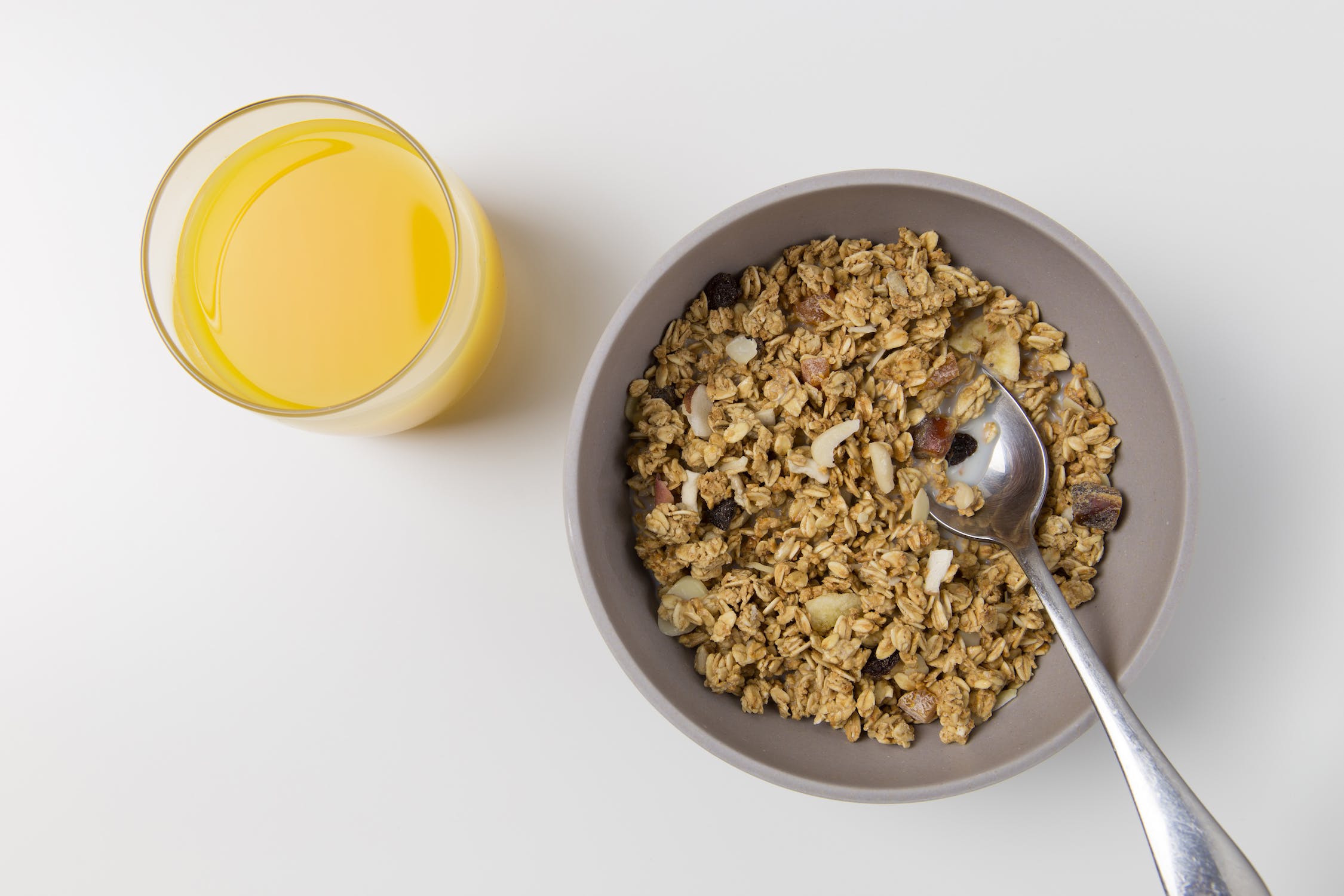13 Muscle Building Products: Eat to Gain Muscle Mass



To build muscle and see transformation of your body as soon as possible, you need to consider nutrition alongside your training process. Protein is a key macronutrient, but you also need to eat carbohydrates to replenish glycogen and avoid fatigue. In this article we explain the importance of nutrition in your fitness journey and what to eat to build muscle. It also contains the list of best muscle building foods.
The importance of nutrition
Eating the right and healthy foods can help you build muscle, recover from training and feel energetic and happy every day. Consuming 1.4 – 2 grams of protein per kilogram of body weight is sufficient for most people who train and build muscle mass. To build muscle optimally, you also need to consume enough carbohydrates. Carbohydrates replenish glycogen stores in the muscles and help to avoid fatigue during training. Consuming 45–55% of daily calories as carbohydrates is sufficient for a general fitness program. However, if you take part in high-volume training, you may require more than this.
To support any training program, you need to eat a healthy diet that includes vitamins, minerals, and healthy fats. Also make sure you always stay hydrated.
To optimally build lean muscle mass, it is also essential to create a calorie surplus by consuming more calories than you burn.
The List of Best Muscle Building Foods
Eggs
A boiled or poached egg contains 6.28 g of protein. Eggs contain the amino acid leucine, which is essential for muscle synthesis and recovery. Eggs are also a wonderful source of B vitamins that people need to produce energy.
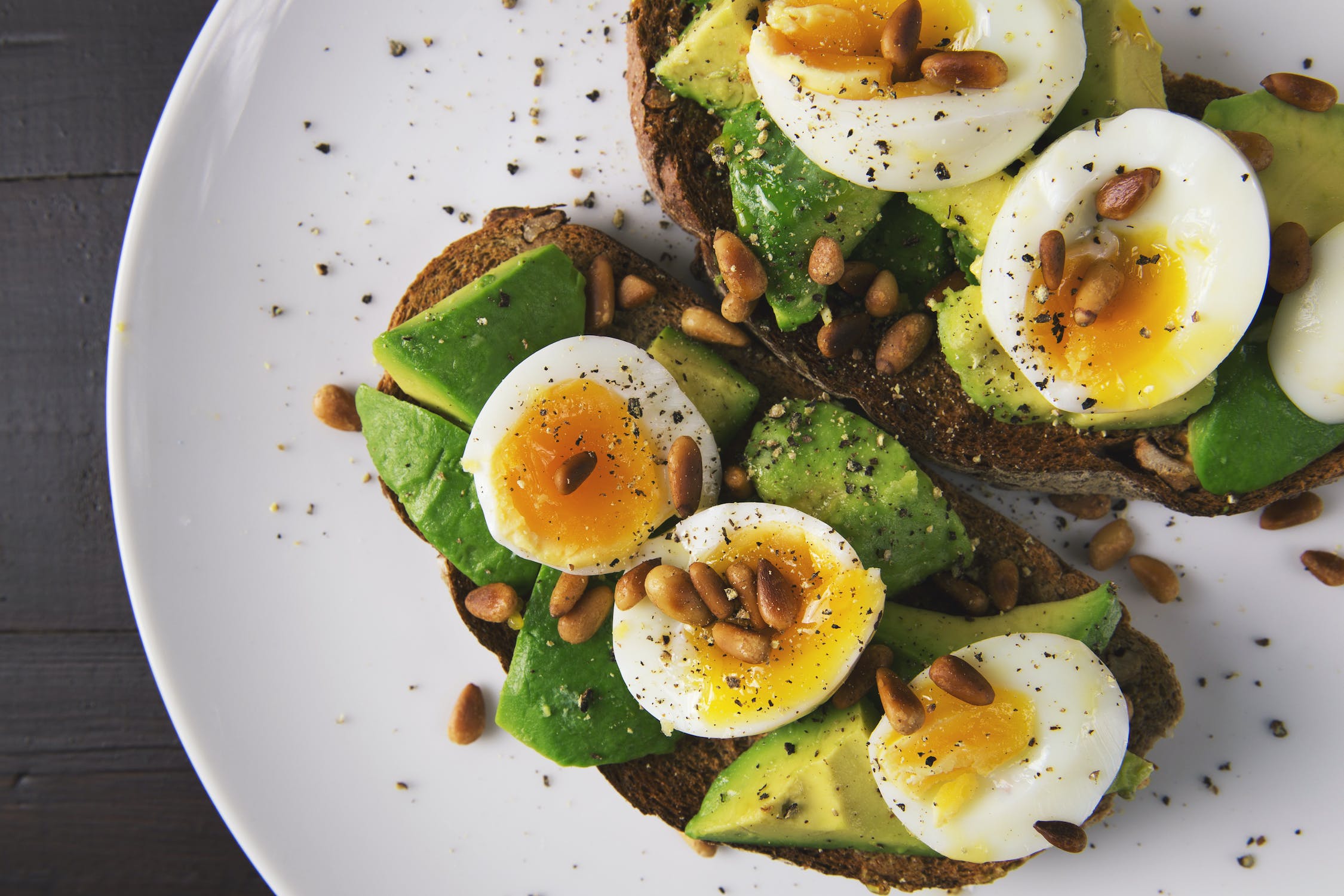
Chicken
A medium chicken breast without skin weighing 120 g contains 35.5 g of protein. Chicken without the skin is a low-fat protein source you can easily add to different meals and recipes.
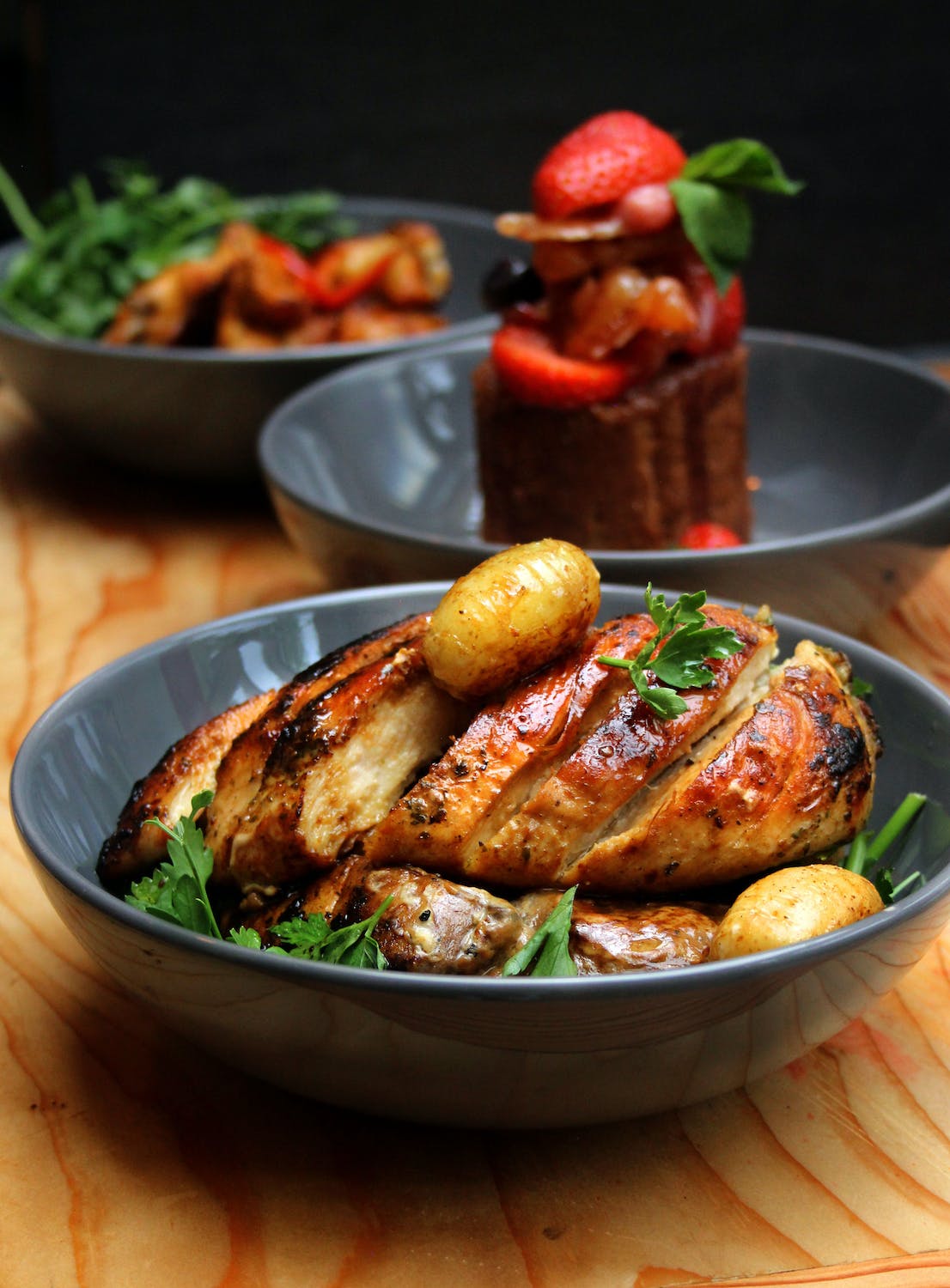
Turkey
A cup of chopped turkey contains 37.23 g of protein. Like chicken, turkey is a low-fat protein source that is adaptable to different meals and recipes.
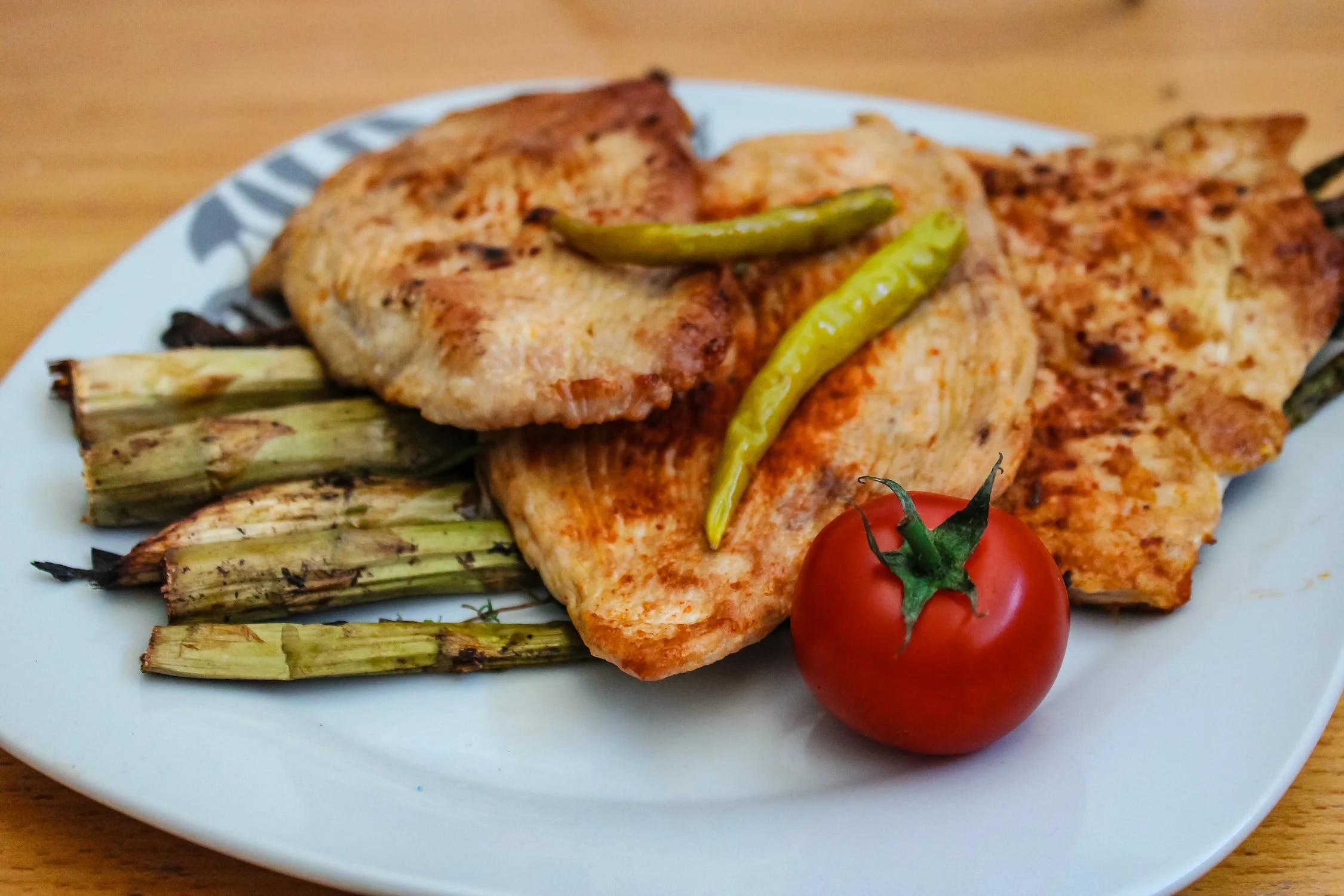
Cottage cheese
Part-skimmed cottage cheese contains 14 g of protein per half-cup. Cottage cheese is also rich in calcium for healthy bones.
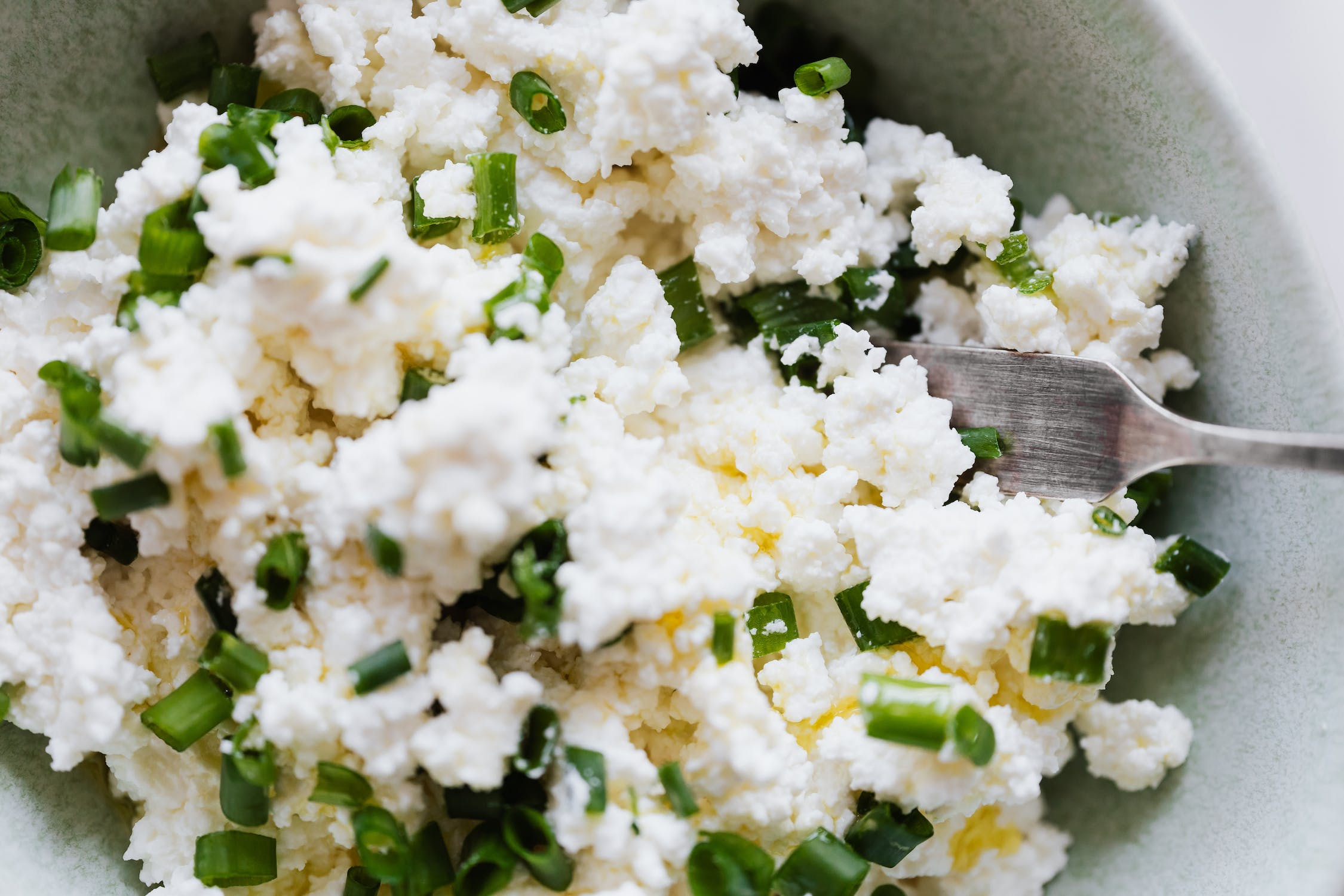
Greek yogurt
Greek yogurt contains around 10 grams of protein total per 100 g serve. It is a source of vitamin D, which helps you body absorb calcium and phosphorus.
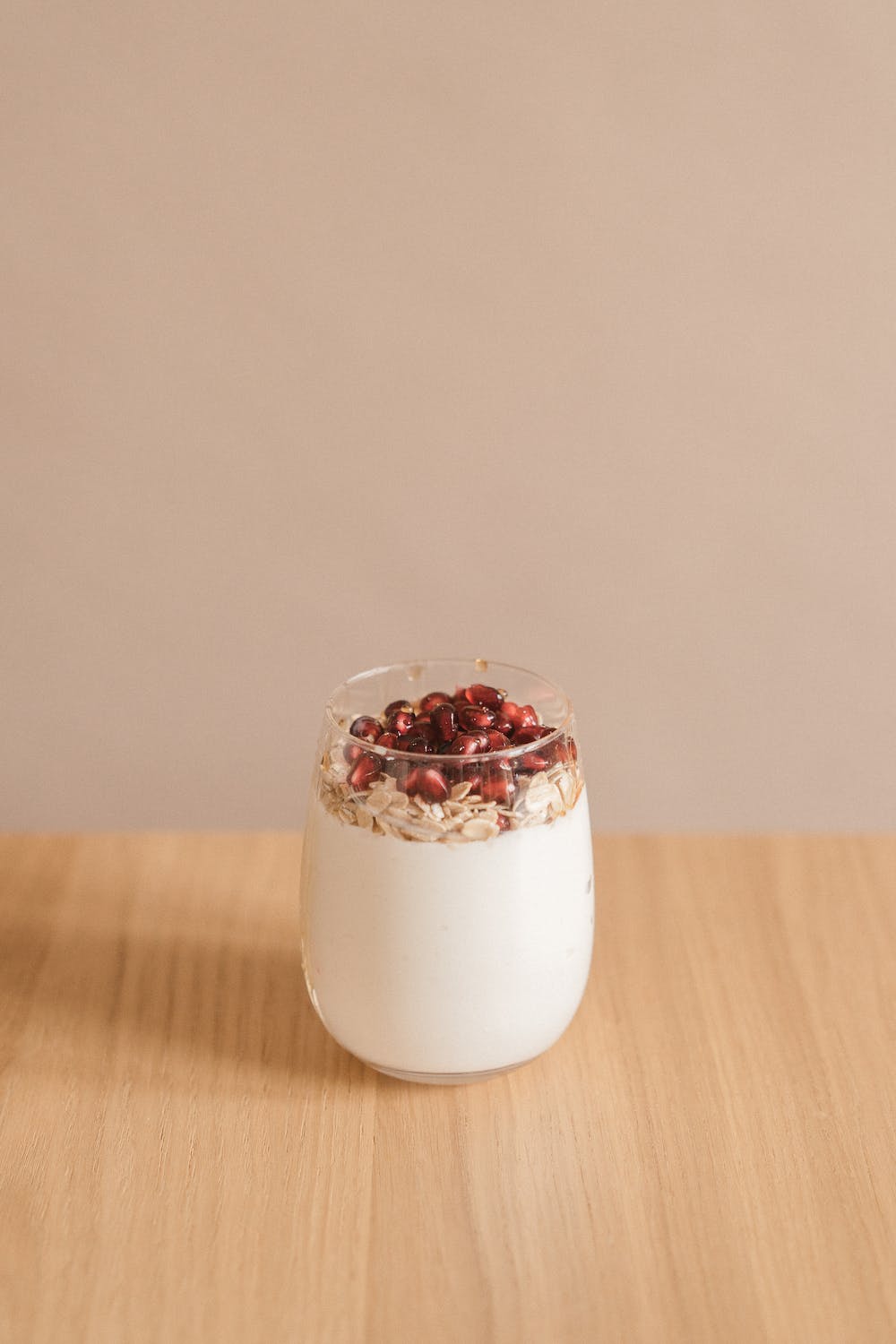
Salmon
227 g salmon steak contains 58.5 g of protein. Salmon also contains omega-3 fatty acids, which prevents muscle loss in older adults. Omega-3 increases insulin sensitivity, resulting in less insulin floating around in your bloodstream. A good thing, because insulin boosts fat storage.
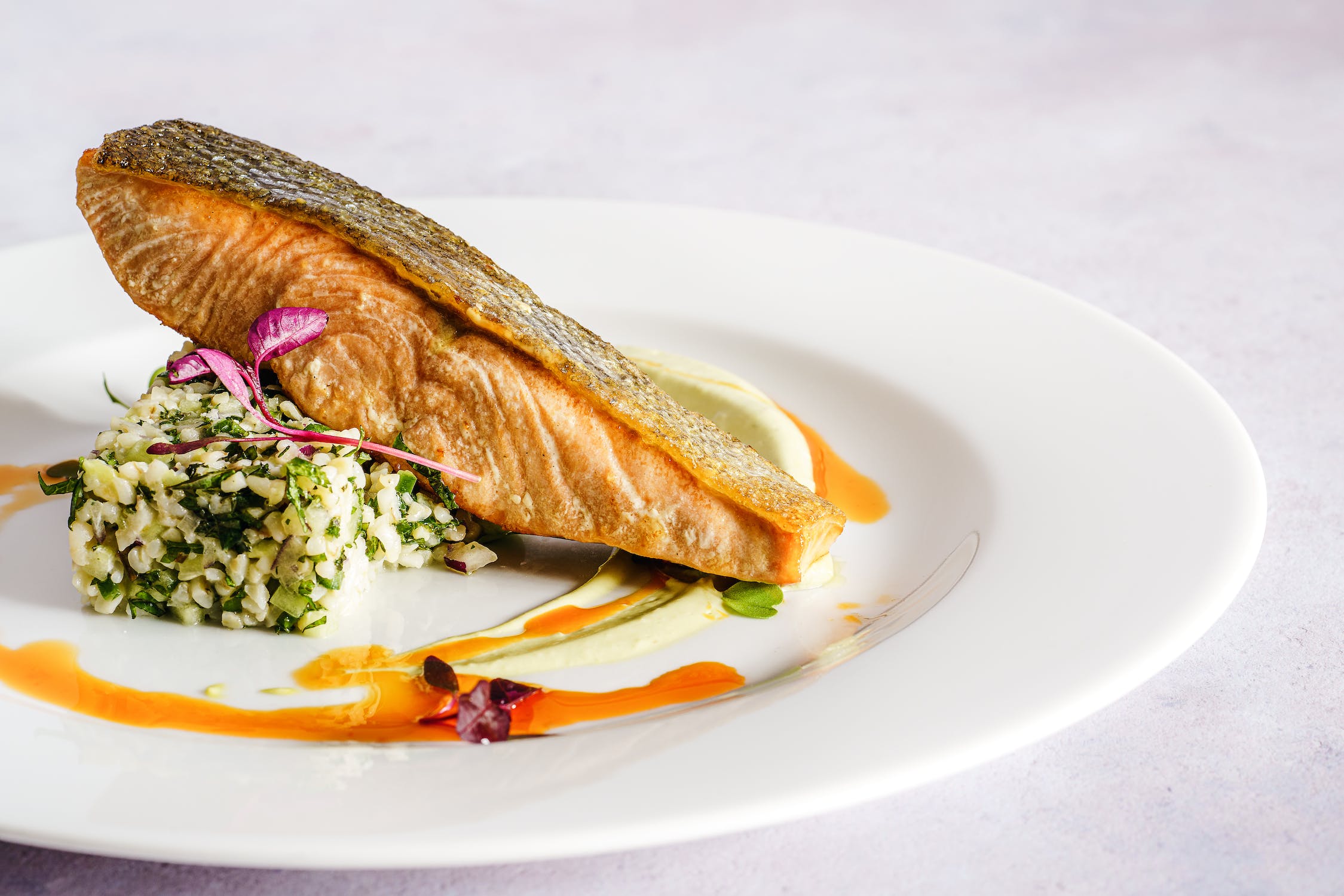
Tuna
Tuna contains around 25 grams of protein per 100 g serve. Tuna fish is a suitable source of omega-3 fatty acids besides their benefits for general health and inflammation. Research suggests omega-3 fatty acids may also improve muscle size and strength.
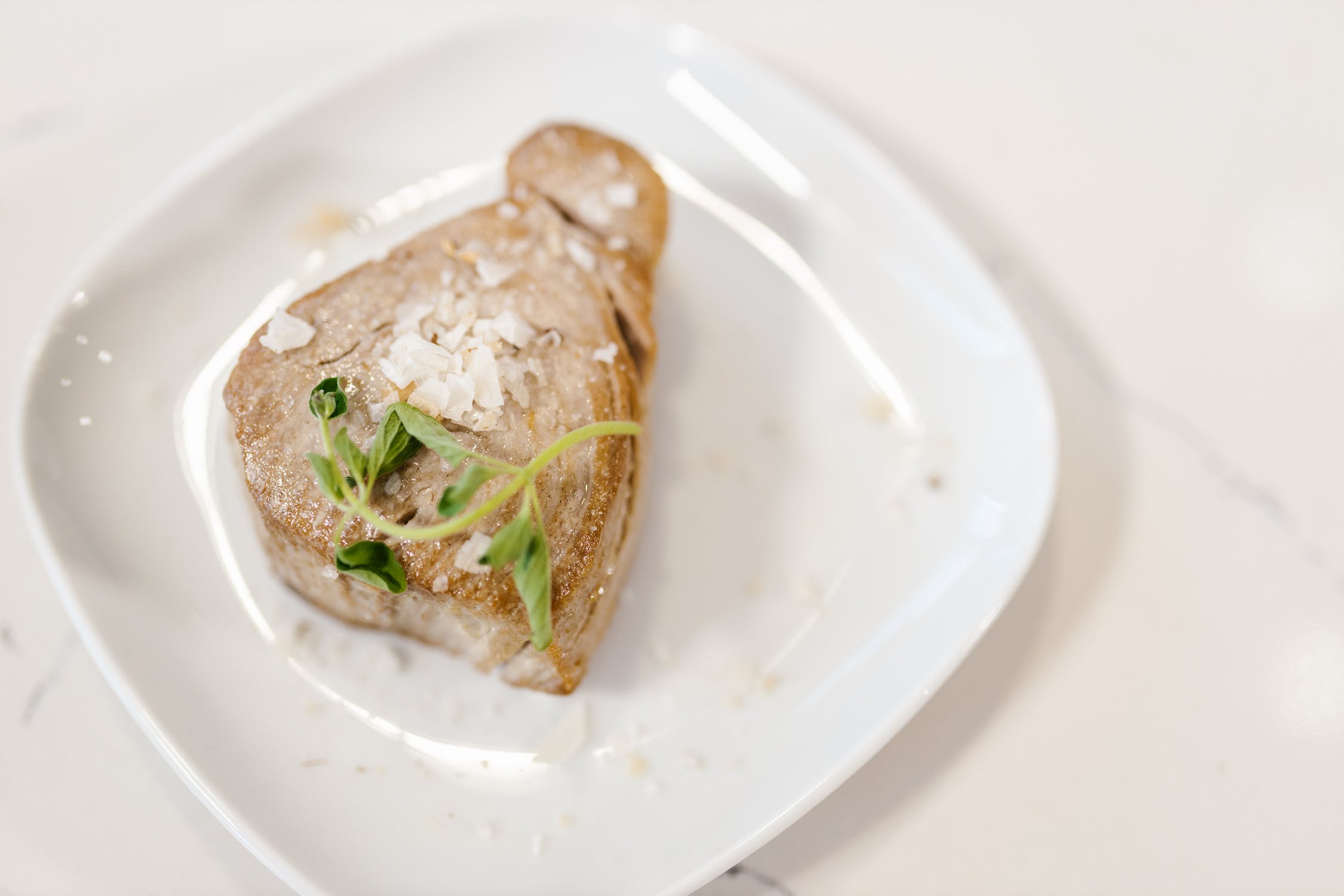
Prawns
Prawns contain 20 g of protein per 100 g, making it the perfect choice of muscle building foods. You can get 47% of your RDA of B12 from just 100 g which will help prevent anemia, osteoporosis and support your memory.
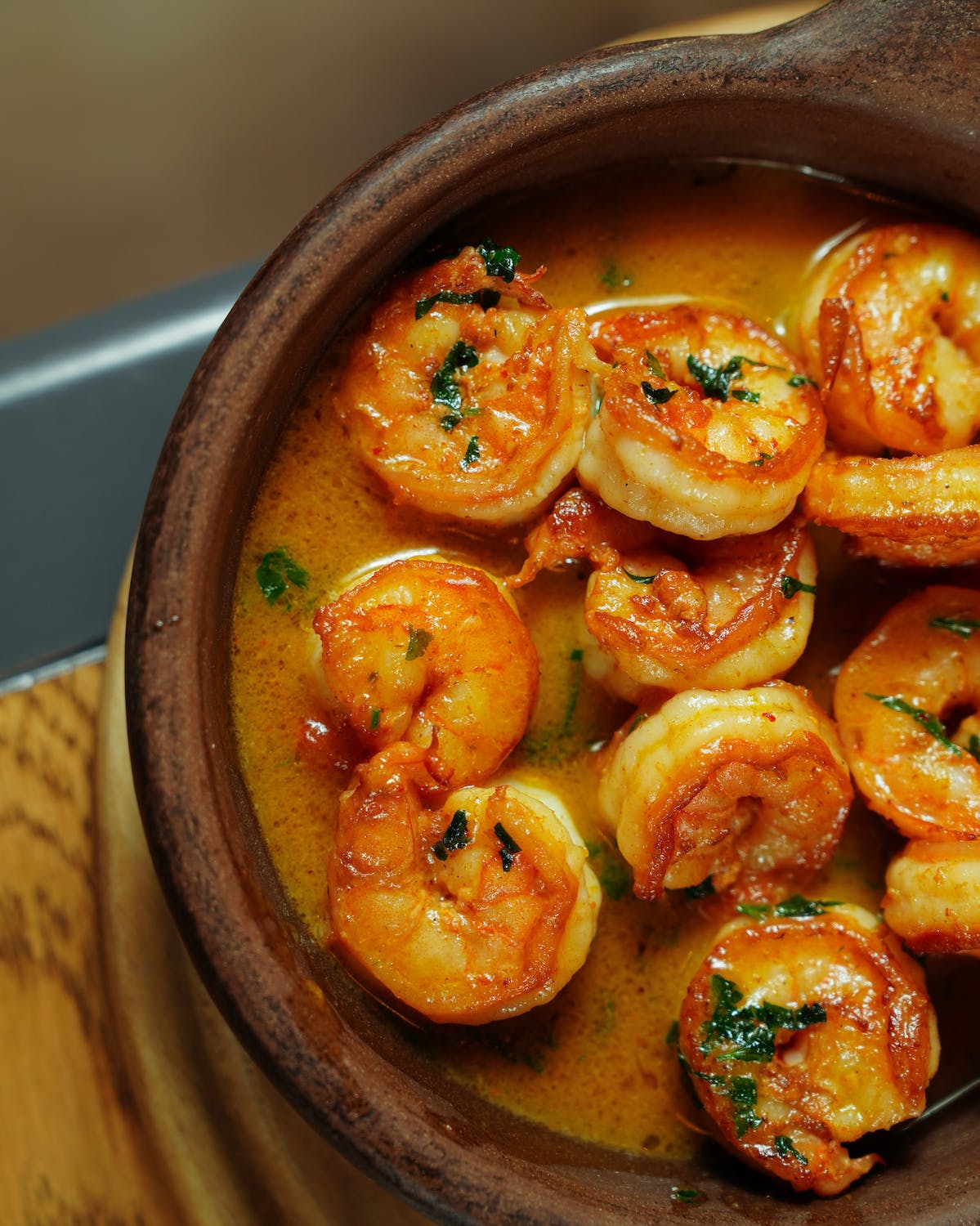
Lean beef
Beef can make a significant gym fuel. As well as 26 grams of protein per 100g, lean beef contains high levels of zinc. This nutrient is important for testosterone production and also helps your body to recover quicker from training.
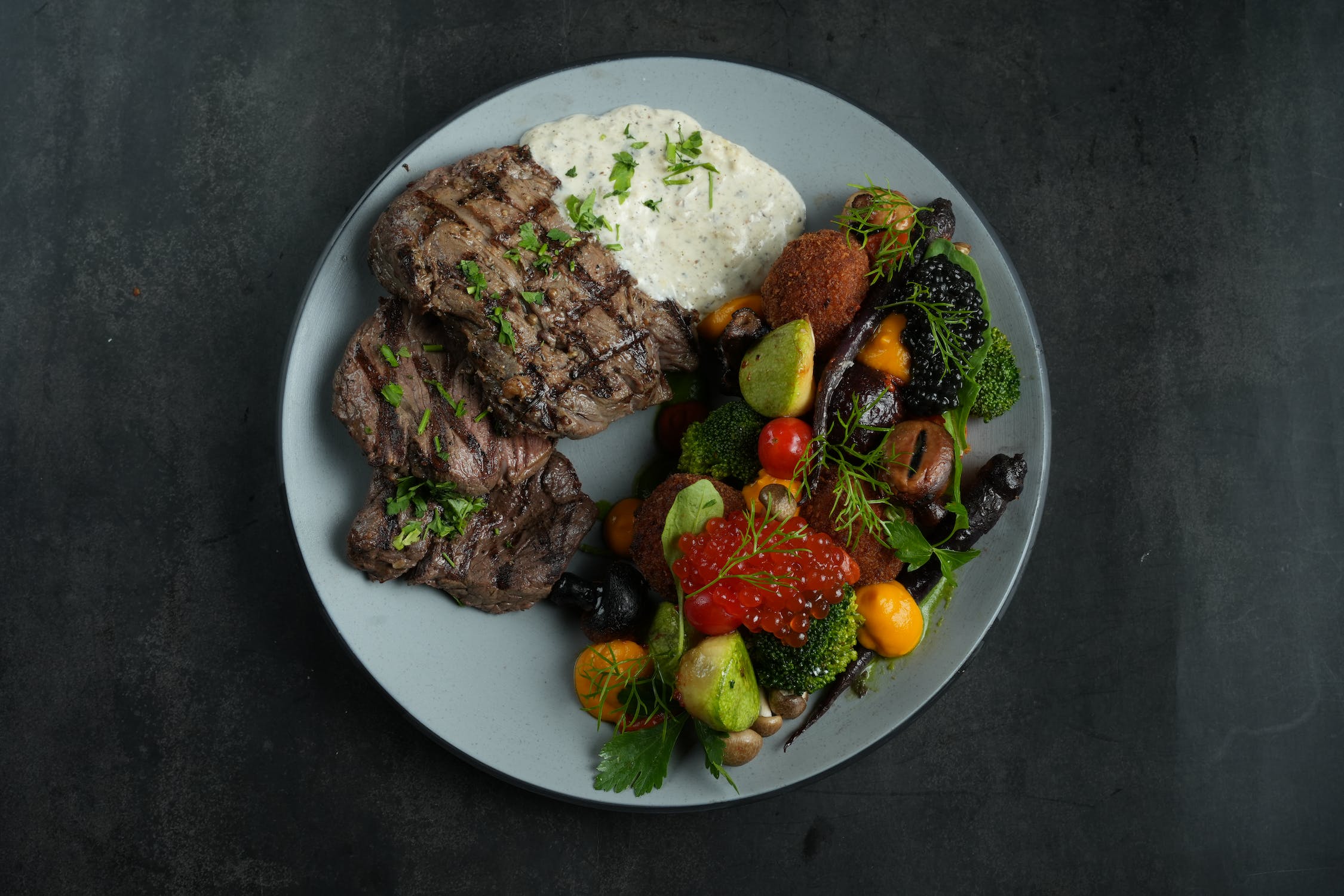
Protein powder
Fill in your shaker with the whey variety, which naturally contains all 20 amino acids. Plant-based alternatives are also a dependable choice.
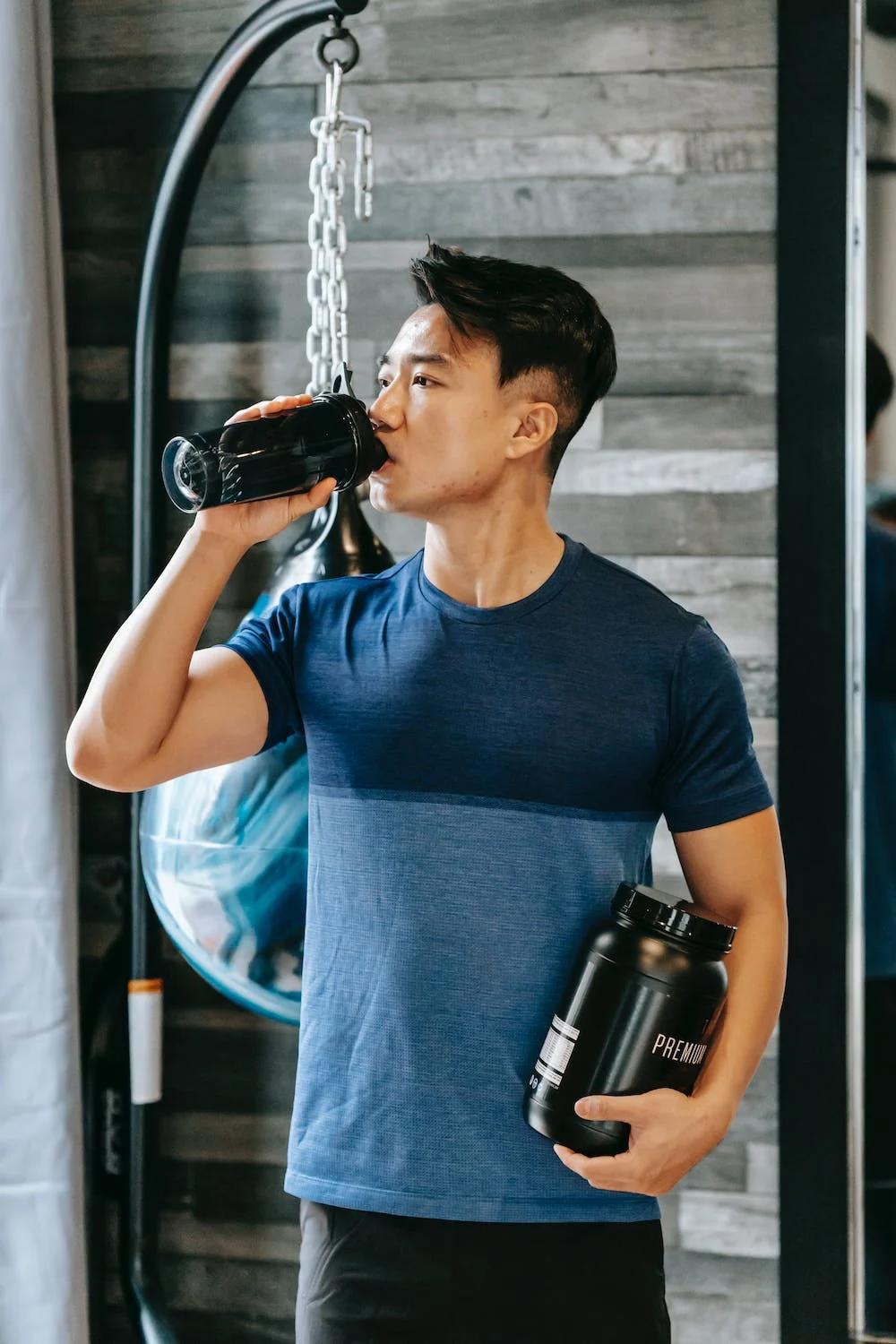
Quinoa
Quinoa is one of the few plant foods that contain all nine essential amino acids, with the added benefit of fibre, magnesium, B vitamins, calcium, phosphorus, vitamin E, potassium, iron. There are around 5 grams of protein in every 100g of cooked quinoa.
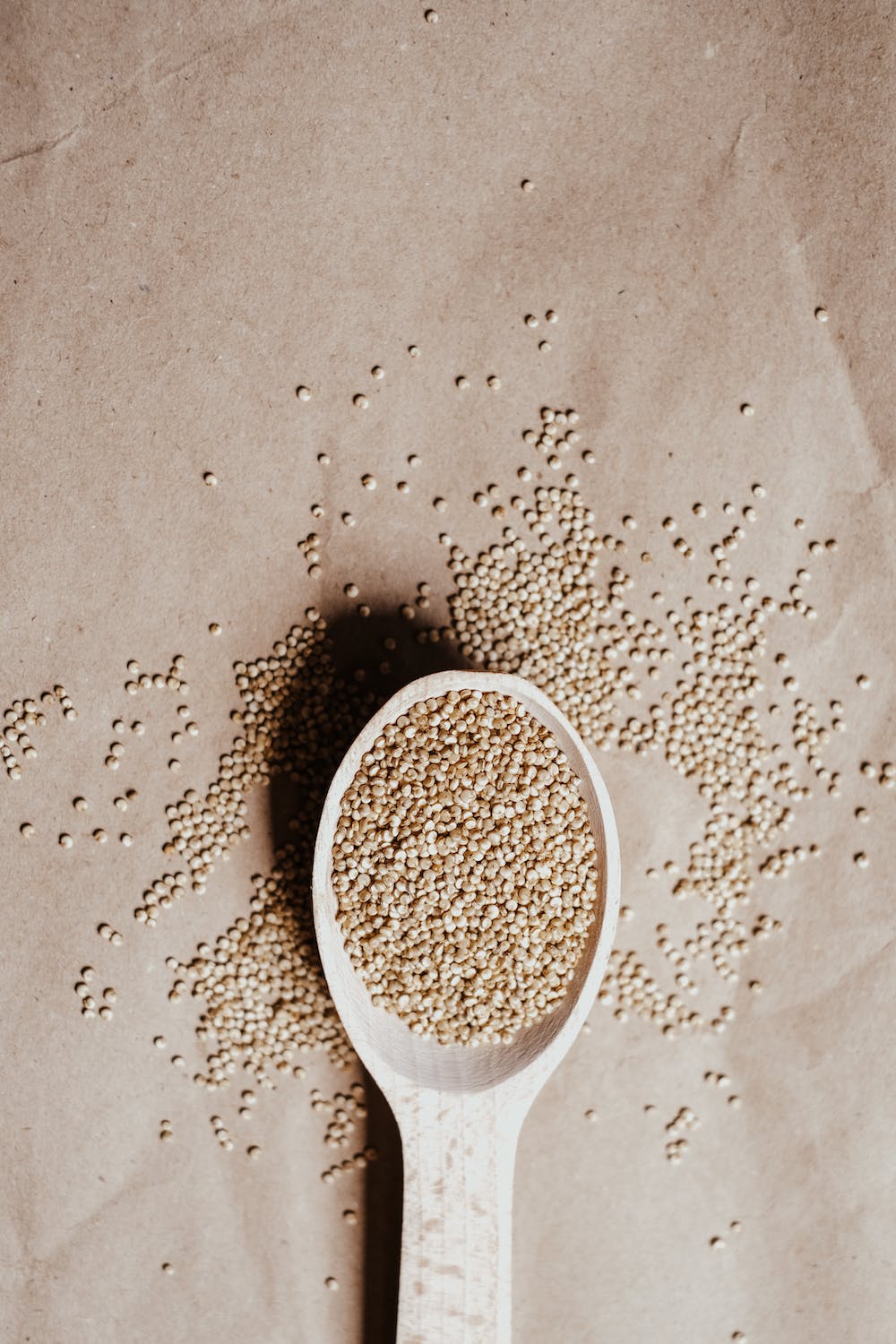
Buckwheat
As a plant-based complete protein, buckwheat boasts around 13 g of the protein per 100 g serve, along with manganese, magnesium, niacin, zinc, phosphorus, folate, as well as vitamin B6 – which your body needs to absorb amino acids from the foods you eat.
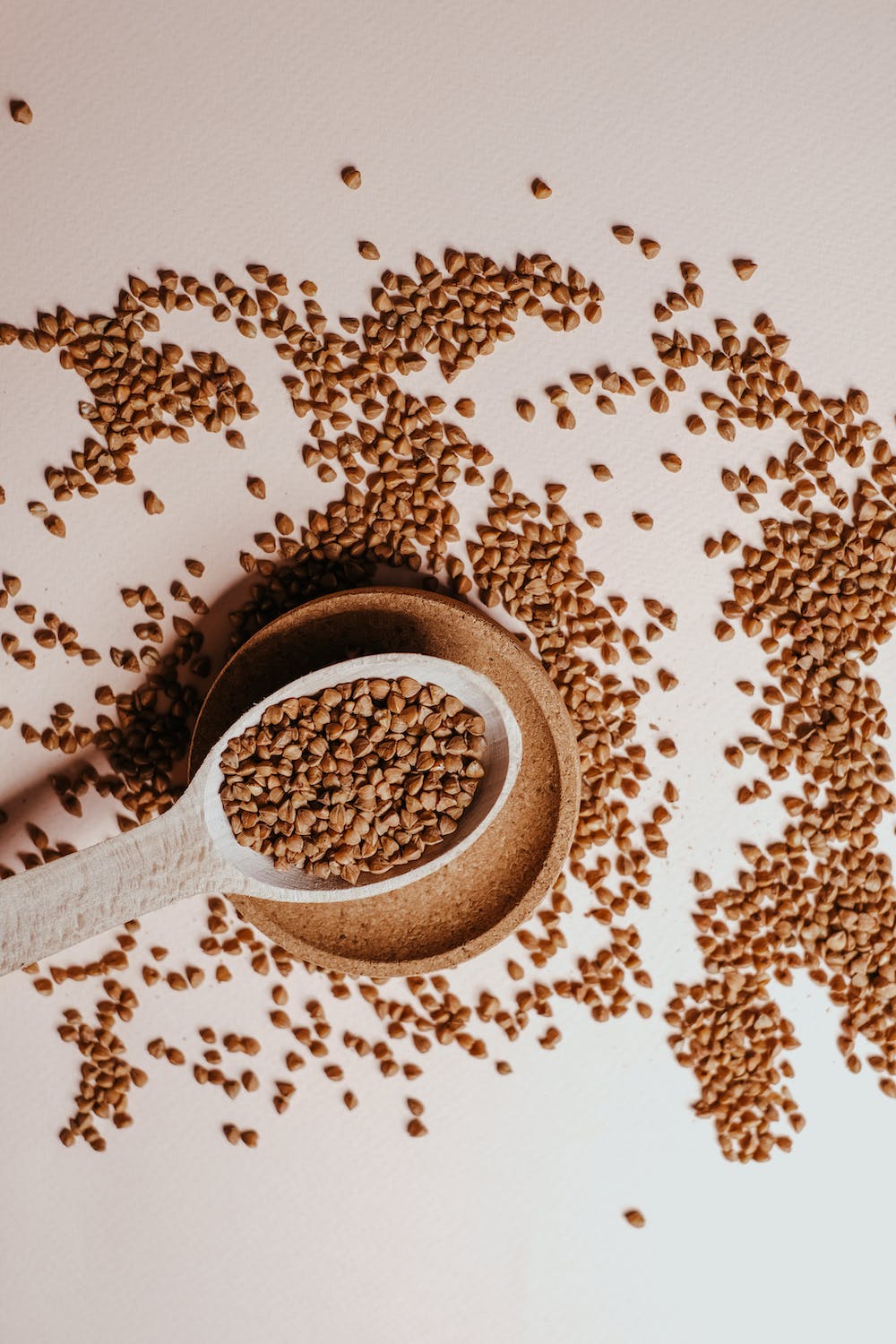
Oats
Oats are a perfect food to replenish your muscles with the energy they need to ensure you sufficiently recover and are ready to your next workout. Aside from the energy they give you, oats are a unique grain with around 11 g of protein per 100 g. Plus, oats are packed with 10 g of fibre per 100 g to help you avoid any unpleasant issues.
